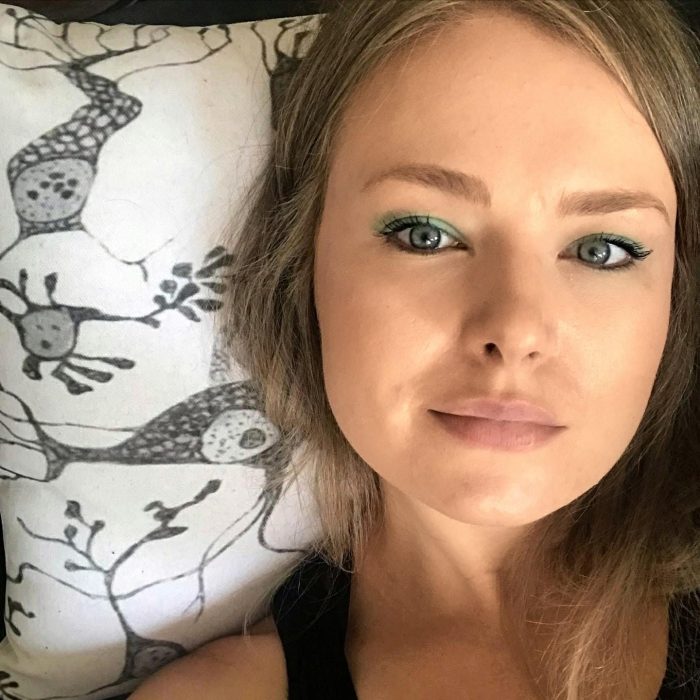
Nikki
I refer to my seizures as the Cadillac of seizures. Hey, not all stories about epilepsy are sad! And I’m hoping mine will help somebody in some way.
As it turns out, I've actually had seizures my entire life. The furthest back I can recall having a seizure was when I was about six years old, if not even younger. It's just that because of the type of seizures I have, I didn't know they were seizures, nor did anyone else around me. So I knew something was different about me, but not to an extent where it alarmed me, scared me or felt I had to talk about it. I just genuinely rolled with it. This went on for the majority of my life, until I was 37. And that's when things started changing: the types of seizures that I was used to started becoming a lot more frequent.
Before speaking to a neurologist, I figured out what was going on myself. And I'm proud to say I was 100 percent right.
I came across a website that accurately broke down all the different types of seizures. When I read about focal-aware seizures, I felt like I was reading about myself. I started shaking because I was excited. I thought, “I found it.” And that was the moment when I knew this was me.
Focal awareness means I'm fully aware. Everything I experience is entirely internal – I have no tells, I have no giveaways, and I can carry on conversations. I have a roller coaster of strange things happening in my body and head, but no one knows. I spent my whole life learning how to hide them while they were happening.
I asked to speak to a neurologist in January 2020 and finally met with one in June 2020, which was shortly before I turned 38. My biggest concern was not being believed. But during that first conversation, the neurologist was convinced that I was having seizures. It was incredibly validating.
Based on the symptoms I explained, my neurologist said he believed something was going on with my right temporal lobe. As it turned out, he was correct: I have a brain tumor on the right side of my temporal lobe, which is what’s causing the seizures.
I think if there were a way people could experience what I experienced during my seizures, people would find it fascinating. If there was a recreational drug like that, I think it would be very popular!
Early on in life, my brain established certain patterns of certain synapses that go in a certain order. They create a certain pattern and a certain effect, which is my seizure. As I grew, this series of patterns became deeper and deeper. Think of a river, over hundreds of thousands of years, putting grooves in rock. The grooves get deeper and deeper as the water continues to run. That's what was happening in my brain. The connections were getting deeper, more powerful. It’s like it was running a efficient Ponzi scheme and more people were buying! That’s why I’m now on medication.
It took almost a year of cocktailing to figure out what was the best for me. Even what I'm on now is not ideal because I am incredibly fatigued all the time. I'm waiting to see if I'm a candidate for brain surgery.
When I told people about my epilepsy, I wasn’t looking for sympathy. I wanted people to acknowledge my story and tell me they were here for me if I needed to talk. And a lot of people did that. Because this happened at the beginning of the pandemic, I realized people were busy going through their stuff. But the most important people in my life never let me down. My friends are amazing. My family is amazing.
There are moments when I’m still shocked that I have epilepsy at all. I don't have the regular experience or story. But I think that's very much attributed to two things: Firstly, I've had this my whole life, and it was a very natural part of my life. Secondly is my positive outlook and the way I deal with things. If I can find the humor in something, I'm always going to focus on that first. Always. It’s my natural default. I think those two things combined made it a pretty easy transition.
Through this journey, I learned that I was more capable than I ever realized. I never really thought about whether or not I was a resilient person. But as it turns out, I think I am.
#SeethePerson
*stories have been condensed and edited

